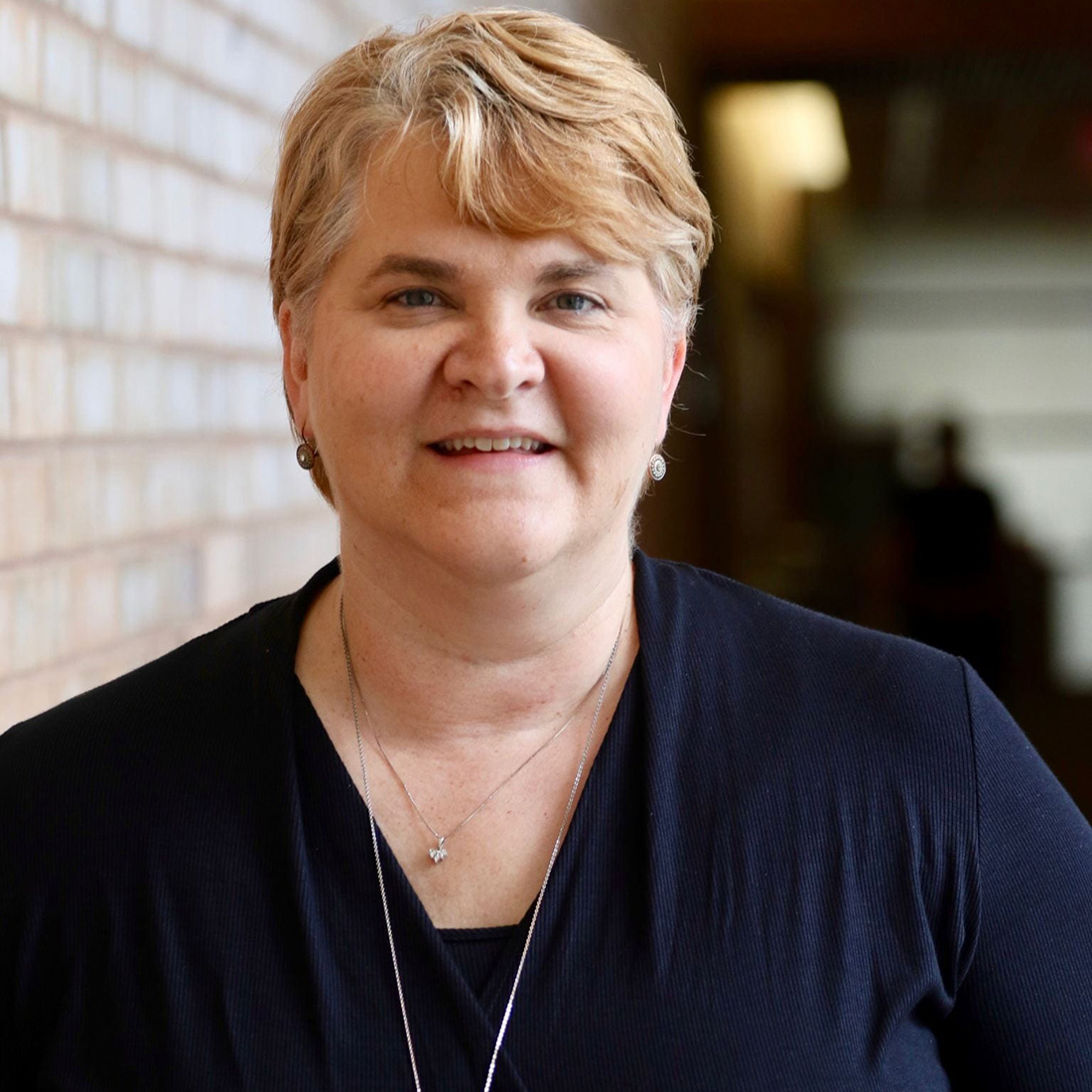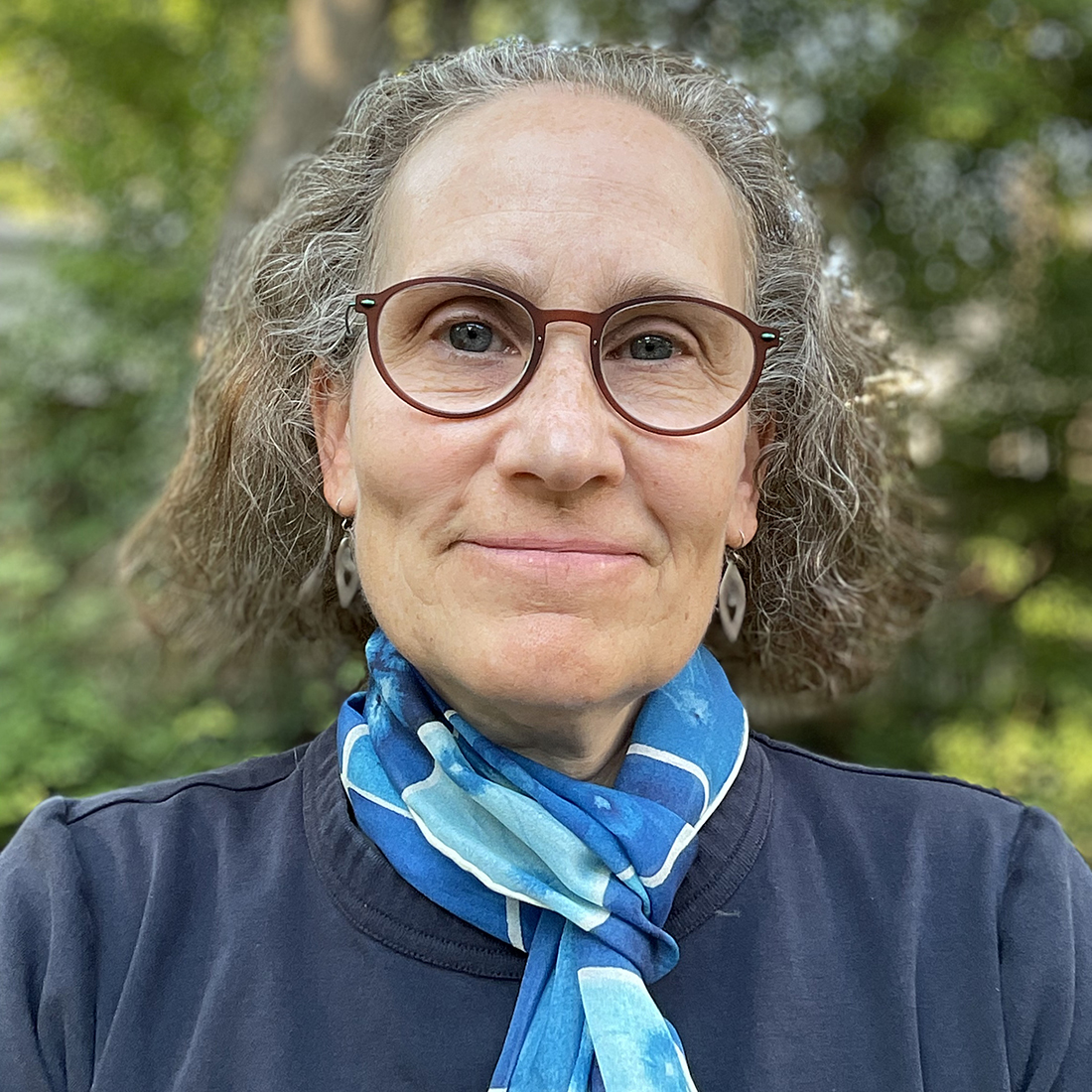Deborah J. Lenschow, M.D., Ph.D.

- Title
- Professor
- Department
- Internal Medicine, Pathology & Immunology, Molecular Microbiology
- Institution
- Washington University
- Address
-
4939 Children's Place
CSRB Rm 6617 - City, State, ZIP
- St. Louis, MO 63110
- Phone
- 314-362-8637
- [email protected]
- Website
- https://sites.wustl.edu/lenschowlab

- Research field
- Immunology, virology
- Award year
- 2008
- Pew distinction
- Innovation Fund investigator
Research
My research interests are centered on understanding the mechanisms by which type I interferons mediate their biological effects during the host response to viral infections and in the development of autoimmune diseases. Type I interferons regulate a wide array of biological responses, including the induction of an antiviral state, regulation of programmed cell death, inhibition of cell growth, and the modulation of both the innate and adaptive immune responses. Interferons mediate these effects through the induction of hundreds of interferon stimulated genes (ISGs). Over the years, we have worked to identify and characterize the functions of different ISGs during viral infection, including interferon stimulated gene 15 (ISG15) and the differential functions of type I interferon subtypes. In addition, we have worked to understand the pathogenesis of emerging viral infections, including Chikungunya virus, and now SARS-CoV-2. Chikungunya virus is a re-emerging alphavirus that causes fever, rash, and arthritis in infected patients. Through the utilization of patient cohorts, clinical samples, and the development of mouse models of virus-induced arthritis, we are investigating the immune factors that regulate disease pathogenesis, working to develop therapeutics, and exploring how this virus causes chronic disease long after acute infection has been resolved.
As an Innovation Fund investigator, Deborah Lenschow, M.D., Ph.D., is teaming with Gabrielle Kardon, Ph.D., to study how acute Chikungunya infections lead to chronic and persistent symptoms. The Chikungunya virus is a mosquito-borne pathogen that causes fever, rash, and arthritis in humans. After initial infection, up to 60% of patients develop long-term muscle pain, joint pain, and fatigue. Despite the absence of replicating virus, viral RNA persists and has been detected for weeks post infection. The Lenschow lab has identified that muscle cells and fibroblasts are the key cell types that survive acute infection and harbor persistent viral RNA and therefore may be the source of chronic symptoms. However, it is not clear how muscle structure and its ability to repair is altered by the lingering viral genetic material and how this may contribute to ongoing pain and weakness. Combining expertise in viral immunology and muscle biology, the team will use a robust new mouse model developed by the Lenschow lab and novel imaging and genetic tools from the Kardon lab to investigate how the residual Chikungunya viral RNA changes cellular gene expression to cause structural damage of muscles and to identify which specific cell types contribute to these alterations. This collaborative effort could provide critical insight into the mechanism of chronic Chikungunya symptoms as well as other long-hauler symptoms found in patients with SARS-CoV-2 and uncover new molecular targets for future interventions.
Scholar Keywords
2008 Search Pew Scholars
- Gilad Barnea, Ph.D.
- Laurie A. Boyer, Ph.D.
- Antonio J. Giraldez, Ph.D.
- Aaron D. Gitler, Ph.D.
- Felicia D. Goodrum, Ph.D.
- Richard I. Gregory, Ph.D.
- Jianping Jin, Ph.D.
- Anatol C. Kreitzer, Ph.D.
- Deborah J. Lenschow, M.D., Ph.D.
- Ian J. MacRae, Ph.D.
- Bryce E. Nickels, Ph.D.
- Susannah Rankin, Ph.D.
- John Rawls, Ph.D.
- Seth M. Rubin, Ph.D.
- Holger Sondermann, Ph.D.
- Michael A. Sutton, Ph.D.
- Benjamin R. tenOever, Ph.D.
- Leor S. Weinberger, Ph.D.
- Julia Zeitlinger, Ph.D.
- Hui Zong, Ph.D.
